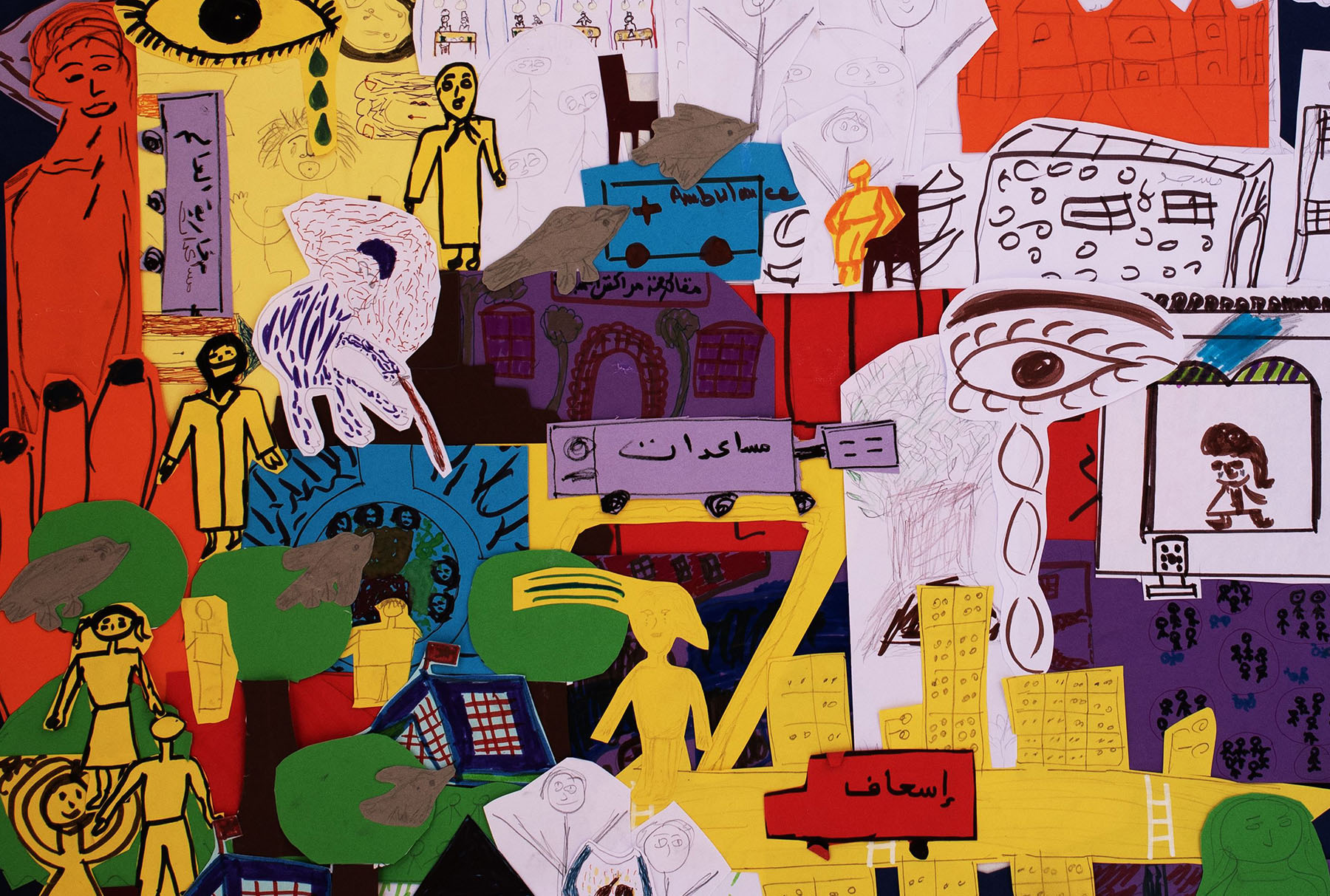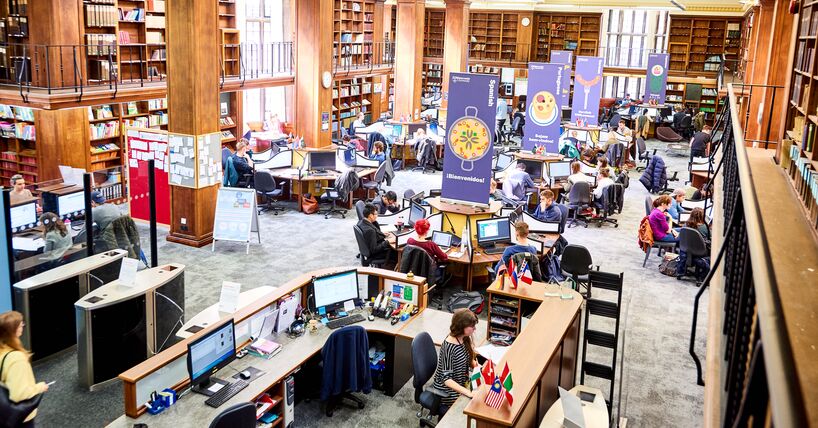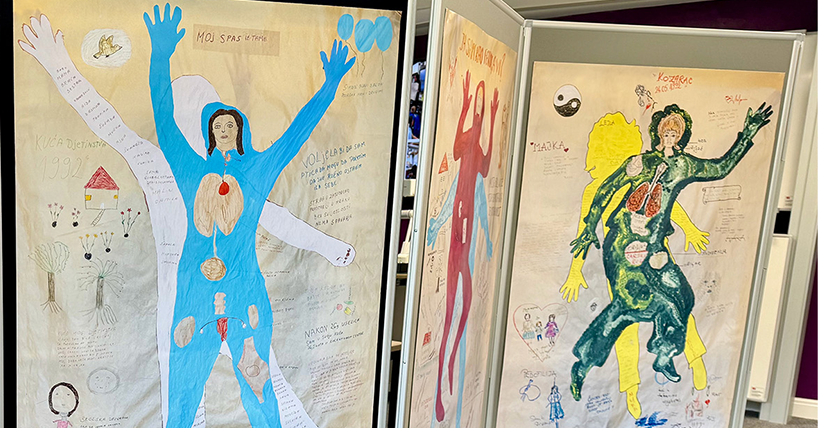Research in the School of Modern Languages
Newcastle University is distinguished by innovative interdisciplinary and creative approaches to researching languages, cultures and societies in global contexts.
Collaborative working
We cross traditional disciplinary boundaries and work with external partners.
Enhancing our impact
Our scholarship produces an impact locally, nationally and globally.
Research-led teaching
Our students engage with up-to-date projects across diverse fields of study.
Exploring languages, culture and society through research
Within the School of Modern Languages (SML), we shape new and important research agendas.
Research spans our main language areas, as well as:
- translation and interpreting
- linguistics and sociolinguistics
- film, media and visual arts
In addition, our community of researchers comes from various disciplinary backgrounds, including:
- cultural studies
- film and media
- history
- anthropology
- translation
- gaming industries
- curation
"The research environment in the School of Modern Languages is amazing! I have had fantastic support at every stage of my research journey."
Sophie Ellis, final year PhD student






